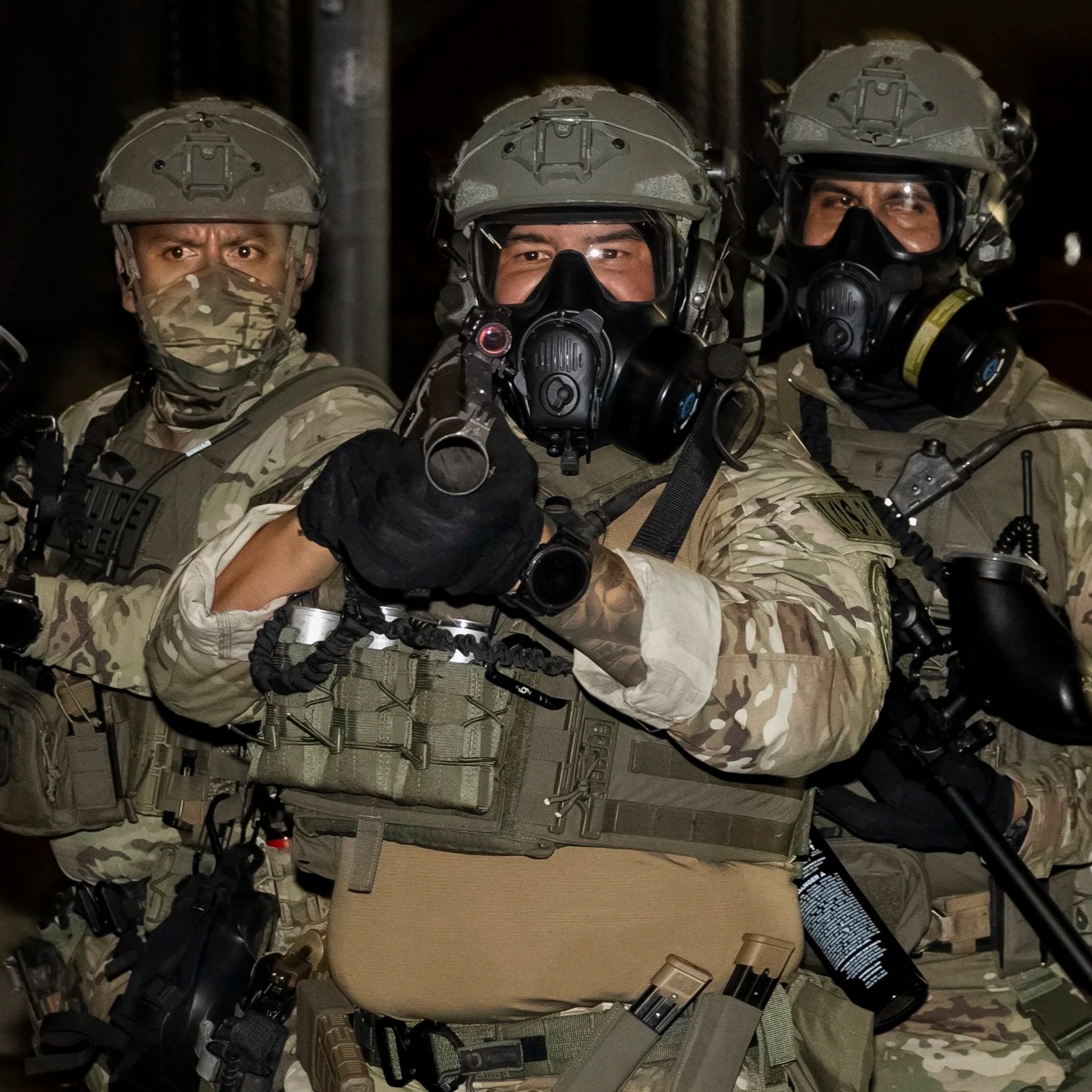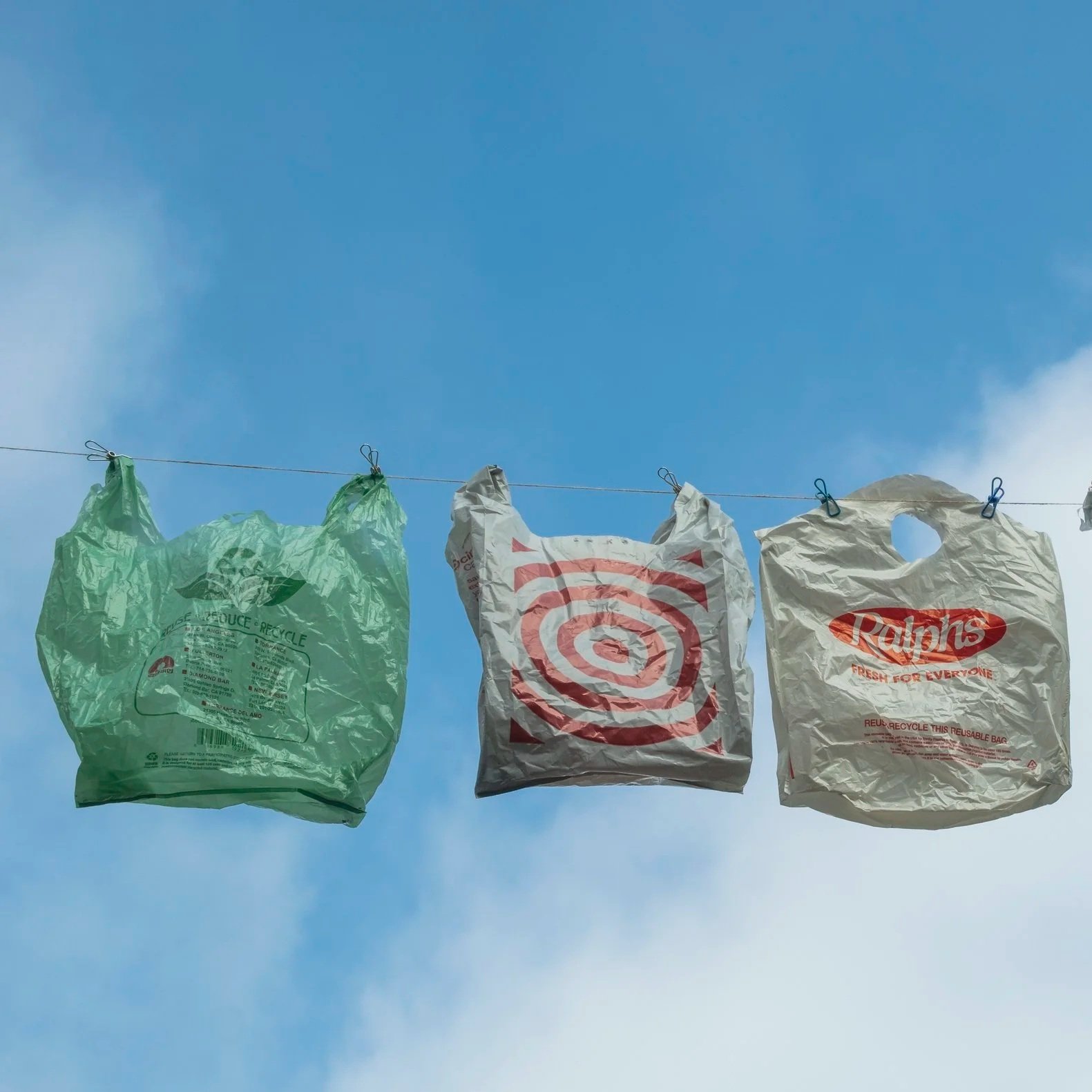LA Mayor Announces New City Reform
(Maxim Elramsisy/The Corsair)
After ten days of nation-wide protests against police brutality in response to the death of George Floyd, Los Angeles Mayor Eric Garcetti announced a series of reforms to be made to the LAPD on Thursday.
The changes, all of which are expected to be fully implemented by the end of the year, include cutting $100 to $150 million from the $3 billion police budget to fund a new initiative directing $250 million towards “communities of color and women and people who have been left behind,” according to Garcetti.
The remaining $100-$150 million will come from smaller across-the-board cuts which have yet to be determined. The specifics of the new directed spending have also yet to be announced, though Garcetti noted that the Juvenile Diversion System will be significantly expanded.
The reforms will also include a temporary moratorium on new entries into the CalGang database, a state-wide list of suspected gang members. This list, which has drawn stark criticism from many civil rights groups, cites that more than 90 percent of the 90,000 entrants are black and Latino men. It is possible to be added to the database without an arrest or documented “suspicious” activity.
Proponents of the list say that presence on CalGang’s list is inconsequential, and that CalGang is only used as an investigating tool to help clue detectives and prosecutors if they’re heading in the right direction. Garcetti clarified that the moratorium will be temporary, and that the city will be using the time to review the process and requirements in adding to the list.
In the same press conference, Eileen Decker, President of the Los Angeles Police Commission, announced a series of changes within the Police Department, saying that she and her colleagues have been “listening to and hearing” the public and are working to establish “an aggressive reform agenda.”
Chief among these changes is the new requirement for all police officers to report and intervene when they witness uses of “excessive force,” though Decker did not go into detail about what defines “excessive force.” Decker also announced several other changes, particularly in the training and beginning processes of accepting officers from the police academy. These reforms include: Changing the training process for cadets to "accurately portray the history of the police department;” expanding mental health training throughout the police force; providing implicit bias training to all officers by the end of the year; changing the process of reviewing officers that raise red flags as being potentially “problematic” in the future including complaints of excessive use of force; modifying training and current policy in regard to dealing with protests and high-tension situations, including expanding de-escalation training; adding 900 new officers to the force specializing in mental health by the end of the year; expanding community outreach; making crime, police, and other relevant statistics easily accessible to the public.
Decker did not specify how the city would be able to pay for the new additions and changes to the police force, though she did note that the police are actively participating in identifying areas for the $150 million to be cut. Decker also said the Police Commission would be revising its stance on several issues including supporting legislation to a special independent prosecutor or office to investigate incidents of police brutality, and legislation to expand juvenile diversion programs.
Mayor Garcetti also announced that Los Angeles would be establishing a new Department of Civil and Human Rights, which would be dedicated to investigating and maintaining civil rights in several areas including education, commerce, and housing. Within the department, an Office of Racial Equity will be established focusing on research and community outreach. Both the Office of Racial Equity and the new Department are expected to be up-and-running by July 1.
In Los Angeles and Santa Monica, responses to the protests have led to calls for the resignations of Los Angeles District Attorney Jackie Lacey, and Santa Monica Police Chief Cynthia Renaud in light of several videos showing police passively watching the looting that has swept the country, and directing most of their forces to deal with peaceful protesters instead of looters. Most community leaders and protesters have drawn a distinct line between the protesters and the looters, with most openly denouncing them as being derogatory to their cause and completely unrelated.













